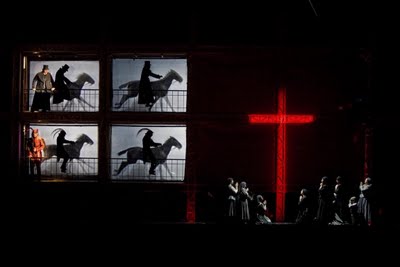
Happened to receive a note from a fellow traveler along the Engineering path, querying about some work done by me and some friends for Yamaha Music Technologies USA back in the days when Japan was in its tech ascendency. Like a number of other bits of the development of the future of music we did back then, our involvement was by the most part a brainstorming exercise, and a bit before its time, in both a good and bad way, a beautiful fantasy about the way things ought to be, but not so much about the way they really are. The figure below is from a patent discussing the a synthesizer that worked by taking the chipmunk sounds of the nano-world and pitch-shifting them down into the range of human hearing - or dog or bird hearing if such was your audience. It's crazy of course and probably wouldn't even work, but patents are no longer about crating up your better stream-driven wristwatch and taking the long coach ride to the US patent office to show them that it really works. That ended a long time ago, when the real patent system that dealt with real objects was replaced by an intellectual property wrestling ring & roulette table & bathroom scale where companies get together to fight over the vaguest of notions. But this device is what intrigued my colleague, who seems to be building something in the physical world which may actually vibrate and buzz.

Some of the bits and pieces we patented were more feasible, and some were even constructed. The picture at the top right shows a quite reasonable XYZ pitch roll yaw-based musical controller from another expired patent, long predating the Wii and its relatives. But Yamaha was out of the controller business, having sold only a few tens of thousands of some earlier attempts, and really was out of the far future business anyway by the time we came along, so little was realized, a few things finding their way into high-end karaoke machines, downloading updates by satellite.








